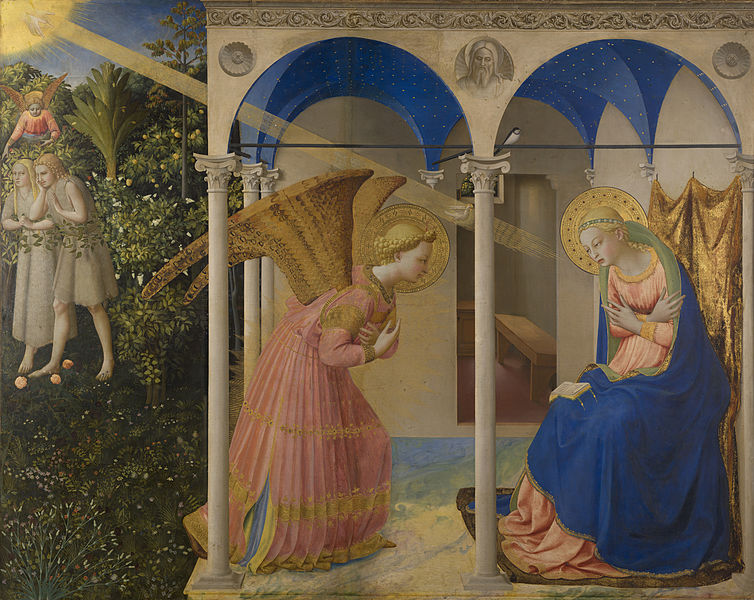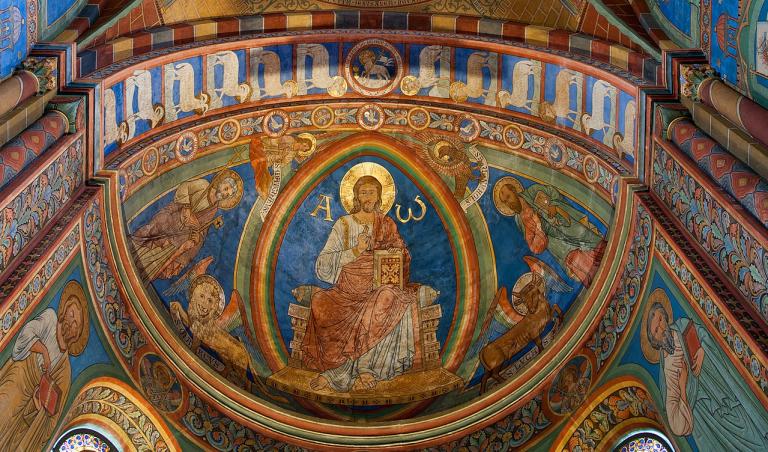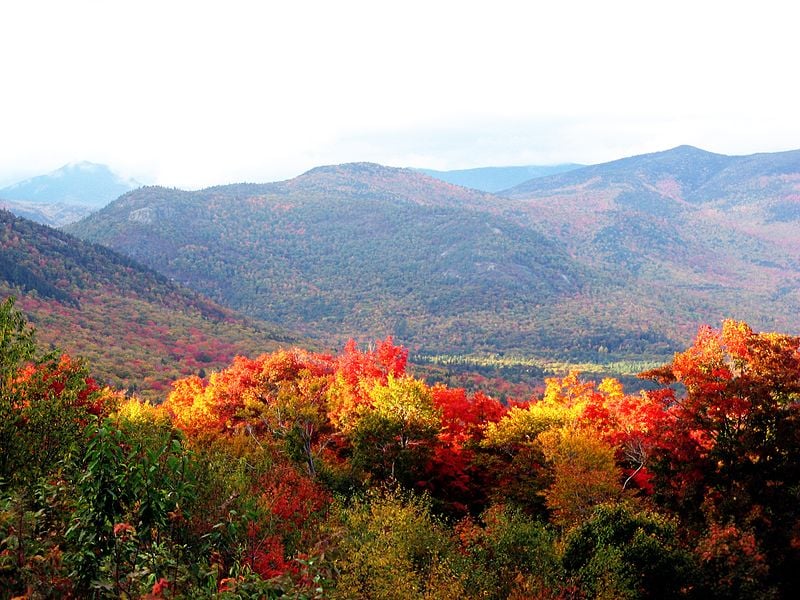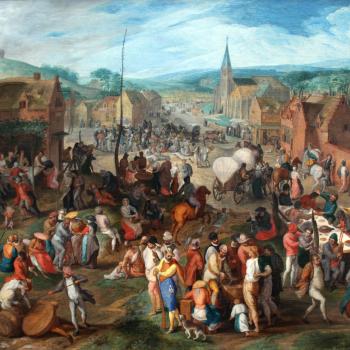David Russell Mosley
Ordinary Time
All Saints’ Eve
The Edge of Elfland
Hudson, New Hampshire
Dear Friends and Family,
Today, or more appropriately this evening, is the eve before the feast of All Saints. Tomorrow is an important day in the life of the Church. All Saints’ Day and its twin feast of All Souls’ Day on 2 November are the days set aside when we who remain remember all those who have gone before us. For many Protestants, today is Reformation Day. Today celebrates the day when Martin Luther nailed his 95 Theses on the issues of the sale of indulgences in the Catholic Church, to the door of the Castle Church in Wittenburg. This is celebrated as the unofficial beginning of the Protestant Reformation. It’s taken me a while to be reconciled to this, in truth. The Protestant Reformation caused many good reforms in the Church (both Roman Catholic and otherwise), but it also caused so much division and violence. Today it is perpetuated by finger-pointing and a lack of communion between the Protestant churches as a whole and the Roman Catholic Church. Good may have come from the evils of division, but the divisions are still evil. This is why I choose to honour instead the more ancient holiday of All Saints tomorrow and its eve tonight.
In the Church, traditionally, the evening of a given day is actually the beginning of the next, typically after Vespers (an even fixed hour prayer, typically between 5 and 7 pm) has been said. It is, typically, the beginning of the celebration. Think about Christmas Eve and it’s relationship to Christmas Day, we often think of Christmas Eve as fully part of Christmas and yet distinct. In my family we opened presents from and to those who wouldn’t be together on Christmas Day, but not the others. All Saints’ Eve, or All Hallow’s Eve as it is more anciently known, works like this as well. Tonight begins the celebration or commemoration of the lives of the Christian Saints.
It is, therefore, a day where we remember death. Death is a funny thing in Christianity. On the one hand death is a consequence of our sinfulness. It isn’t how God wanted us to exist, and it isn’t how we will exist in the life to come. Death is defeated in Christ and has no more sting. Yet, St Francis of Assisi calls the death we die when our souls are separated from our bodies, sister death. The Second Death, however, of Hell is for Francis an evil, one from which we must flee. Death is not only swallowed up in the victory of Christ’s resurrection, it is transformed. It becomes the passage by which most of us, those who die before Christ’s return, will move a step closer to God’s intended end for us, namely deification and the beatific vision, also known as life eternal in the presence of God. So today, to an extent, we begin the celebrations of Sister Death, she who has been transformed from serpent into friend. The Saints teach us not to fear death any longer, it has become part of the process of our redemption and deification.
Yet it isn’t simply death that we celebrate on All Saints and All Souls, we also celebrate the great and the weak in the faith who have died. We pray to them because they are not gone, death is not the end. We pray to them, just we as ask each other to pray for us. Fr Robert Barron, in the video below, will explain why so many Christians have prayed to the Saints. For many protestants it can seem that praying to the saints takes the place of praying to God in Christ and through the Spirit. This is not, suggest Fr Barron, how we ought to view it. Rather, just as when we ask those still living to pray for us we are not praying to them in place of God, we are praying to God through them. God has ordained that it is right for us to pray, that in fact his own will will be accomplished at times through our prayers. Therefore, we should not limit ourselves to ask only for the prayers of those around us now, but of those the Church has deemed particularly holy by the fruit of their lives, whether they are on this side of the veil or not.
I encourage you then, as you or your children get dressed in costumes and collect candy or party, to remember that tonight we prepare ourselves to celebrate those who have come before us and that we ought to ask them to intercede for us because God is not in competition with them, but rather works through them.
Sincerely yours,
David












